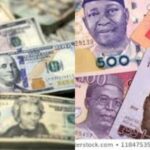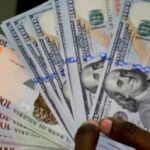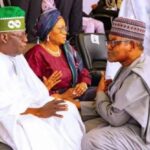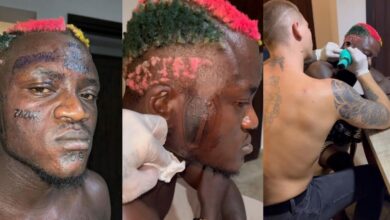Nigeria: Naira drops by 50% after BDCs are outlawed.
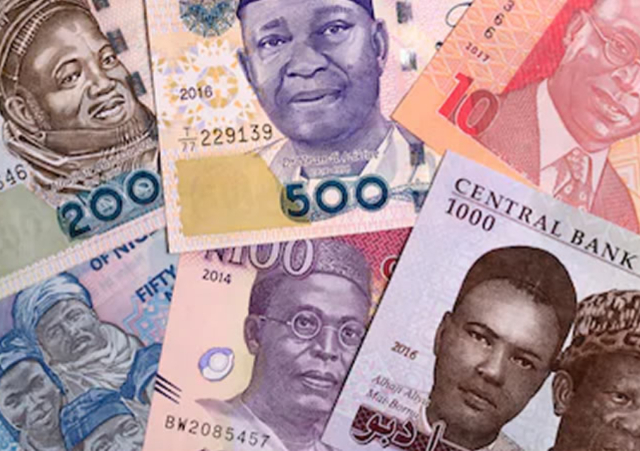
The value of the dollar against the naira has fallen by about 50% on the black market since the Central Bank of Nigeria (CBN) forbade the sale of dollars to bureau de changes (BDCs).
When the CBN announced a ban on dollar sales to Bureau de Change (BDC) operators in July 2021, the Naira was trading at roughly N500 to $1 on the black market. It is currently trading at an average of N755 to one dollar.
Similar to this, the official Investors and Exporters window (I&E) exchange rate between the naira and the US dollar dropped from N410/$1 back in December 2021 to N441.13/$1 today. The Naira has continued to decline in a number of markets despite numerous increases in interest rates and policies aimed at raising the currency’s value.
At the 137th Monetary Policy Meeting on July 27, 2021, the Central Bank of Nigeria (CBN) made a firm decision to stop giving foreign currency to Bureau de Change operators (BDCs).
At the time, the black market exchange rate had surpassed the N500 to $1 threshold, prompting a response from CBN Governor Godwin Emefiele. He accused BDC operators of engaging in “illegal activities” when they receive foreign currency and then sell it on the black market.
Additionally, he asserted that BDC operators were endangering the Nigerian financial system by creating a false FX shortage in order to generate “abnormal” profits.
According to him, the dollarization of the Nigerian economy, the disregard for the cashless policy, the joint ownership of several BDC by the same owners in order to obtain different types of FX, and regrettably, the support of illegal FX dealers by international organizations and embassies were all detrimental to the CBN’s efforts to maintain price stability.
The Central Bank of Nigeria (CBN) was urged to abandon the fixed exchange rate and permit the naira to float after the CBN ban by the Association of Bureaux De Change Operators of Nigeria (ABCON). The Central Bank of Nigeria (CBN) continues to intervene in the foreign exchange market via the Investors and Exporters window (I&E) at the expense of external reserves in spite of calls for the Naira to be floated.
The official and parallel market rates are significantly higher as a result of the Central Bank of Nigeria’s (CBN) foreign exchange policy.
The World Bank and the International Monetary Fund (IMF) have both advised Nigeria to allow its currency to freely fluctuate in order to reflect market conditions.
However, Godwin Emefiele, the governor of the Central Bank of Nigeria (CBN), defended the apex bank’s managed-float exchange rate system, highlighting the fact that it was implemented to deal with the unique challenges the nation faces.
He said, “Nigeria’s situation is very peculiar, and that is why we have continued to engage the IMF and World Bank to show understanding of our local problems. And they are indeed showing understanding. “Yes, they want us to freely float the exchange rate, and you do know that this will have some impact on the exchange rate itself in the sense that when you allow that to happen, you will have some uncontrollable spiral in the country’s exchange rate,” he added.
For further information and updates always visit dailygam.com
